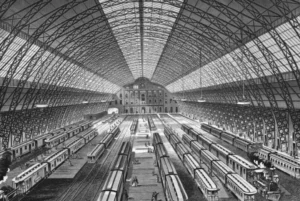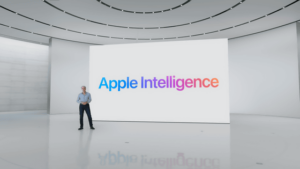
At the time solar panels were inefficient, wind power seemingly non-existent. Nothing had been done to improve the grid. The hope was that renewable energy costs might equal those of coal by 2020.
That happened, well ahead of schedule. By 2019 I was ready to say the war against oil could be won in this decade.
It hasn’t been easy. The oil powers are perfectly willing to kill for the power oil gives them. But I have remained confident because, in a market economy, the market wins out. The best technology wins.

It’s not just the supply curve that’s changing.
Electricity demand isn’t just coming from Teslas. It’s now true that if you want growth, you build a bike path, and if you want density, you build parks. American cities are becoming healthier places to live than their own suburbs.
The fight over congestion pricing in New York shows where the real fight lies. It’s not about cars at all. It’s really about gasoline, the fumes created by fossil fuels. The Vanderbilt family solved this problem 115 years ago. They banned non-electric trains from their New York Central, covered the tracks north of their station, and created Park Avenue.
Instead of charging “cars” for going south of 60th Street, there’s a precedent here for New York City simply banning fossil fuels south of Central Park. There’s an awful lot of real estate in those roads that can be built over, repurposed, and turn the city into a wonderland.
Not Just Transport

It’s the grid that’s the big challenge for the rest of this decade. Utilities can increase supply dramatically by upgrading their lines with new materials. They can increase resilience by supporting “micro-grids,” with local batteries supporting their neighbors. There are lots of technologies now to support “base-load power,” if they will only be implemented. They’re not 100% efficient, nothing is. But they’re effective.

There’s not enough energy in the grid to run the Big AI revolution. That’s why I’m glad Apple is walking away from it, for now. I think energy costs will prove Apple has the right idea, and there is a crash ahead for all the “Big AI” stocks now soaking up investor money.
But all that is in the future. Today is a day for celebration, and a rededication to saving this planet from the hell that burning stuff has been making of it for nearly 3 centuries.
The War Against Oil will be won.










